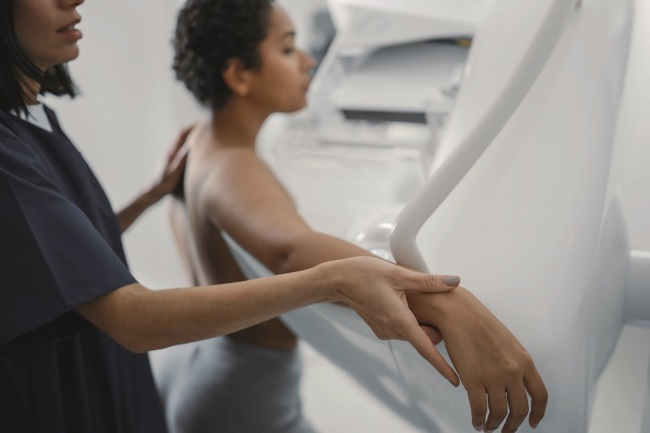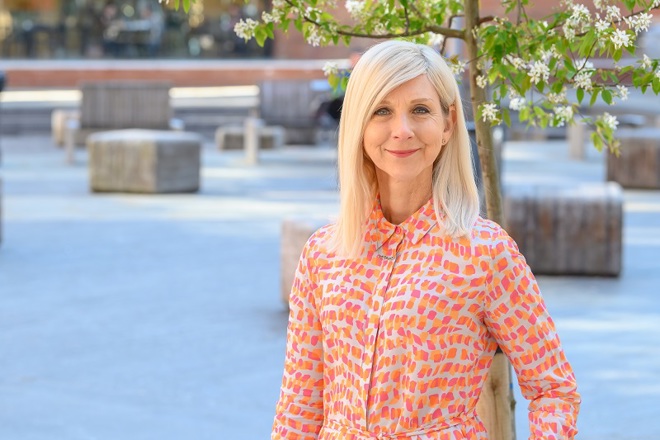Girls Aloud star Sarah Harding had everything to live for. She was young, talented and so full of hope for the future. Then, when she was 38, she was told the awful news she had breast cancer.
With no family history of the disease and with her being so young, Sarah’s diagnosis came as a terrible shock. And now, a team of experts from The Christie are hoping to identify young women who are most at risk from breast cancer. With a donation from you today, they’re hoping that they make sure these young women can get the screening and preventative treatments they need.

The Sarah Harding Breast Cancer Appeal
Before Sarah died, Sarah spoke to her consultant Dr Sacha Howell about his research into breast cancer. It was so important to Sarah that other young women should not have to go through what she had.
Working with Dr Howell, The Christie Charity set up the Sarah Harding Breast Cancer Appeal. This will honour Sarah’s memory by making sure that young women in the future are given the best possible chance of survival.
Sadly, Sarah didn’t get to see the launch of our project. She died on 5 September 2021, aged just 39, with her mother Marie at her side. More women aged 30 to 50 die of breast cancer than from any other cause.
If we could find those young women who are most at risk, we could do more to save them. But we need your help. Please give to The Sarah Harding Breast Cancer Appeal today and help young women at risk of breast cancer.


